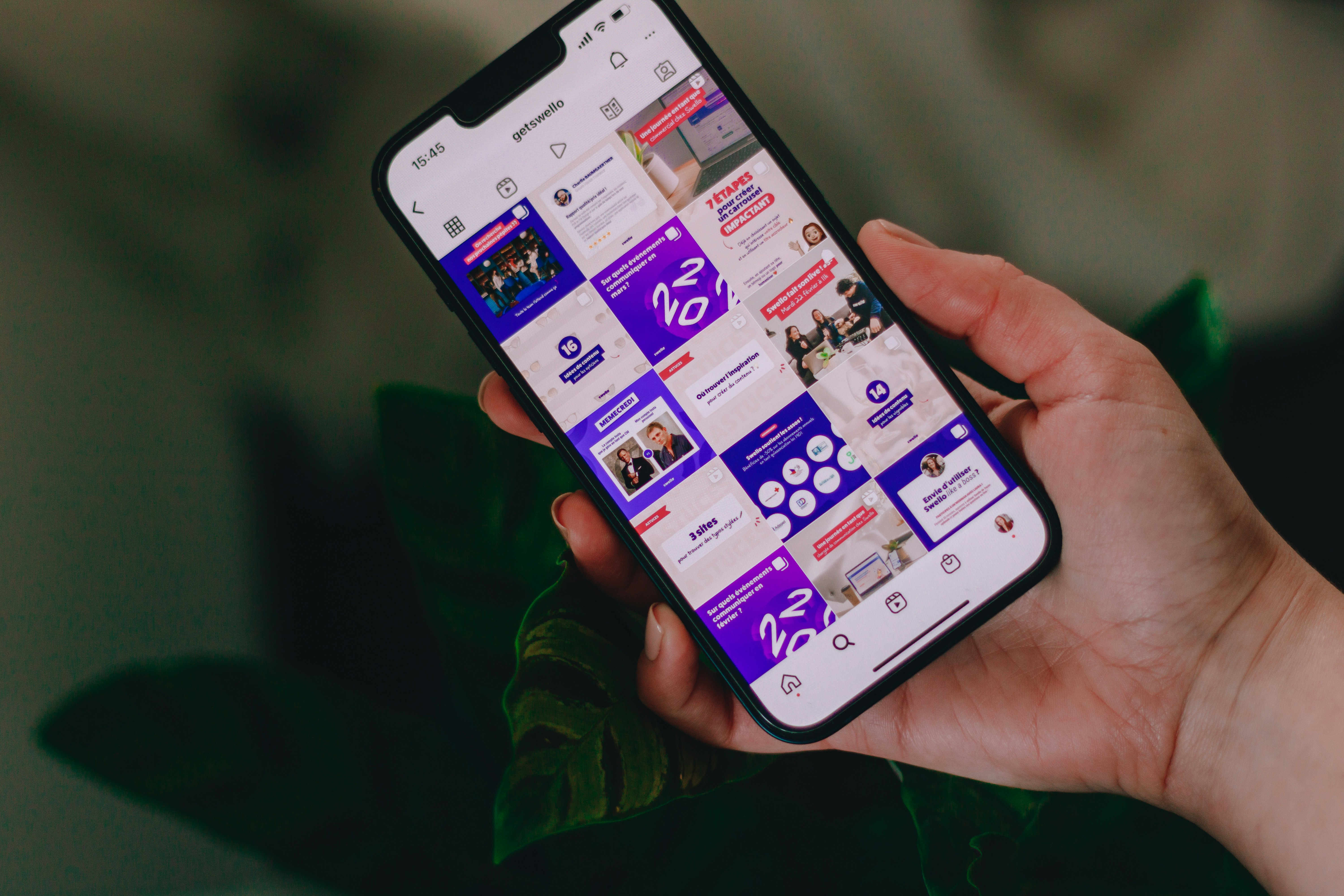
- 0 Comments
- Marketing
Introduction to Digital Marketing in the UAE The digital marketing landscape in the United Arab Emirates (UAE) has undergone significant transformation in recent years, characterized by rapid growth in online platforms and an increasing reliance on digital strategies by businesses. The UAE, known for its diverse population and robust economy, presents unique opportunities for companies seeking to enhance their online presence and reach their target audience. As internet penetration continues to rise—currently exceeding 99%—businesses are increasingly recognizing the necessity of effective digital marketing strategies tailored to the region’s specific cultural and market dynamics. Digital marketing encompasses various channels, including social media, search engines, email, and content marketing, each playing a critical role in building brand awareness and driving consumer engagement. In the UAE, social media platforms like Instagram, Facebook, and Twitter are particularly influential, given the high rates of usage among the population. Companies can leverage these platforms to connect with their audience in meaningful ways, fostering brand loyalty and incentivizing conversions. However, to harness the full potential of digital marketing, businesses must comprehend the inherent complexities of the UAE market, which is shaped by various cultural considerations and consumer behaviors. As competition intensifies among businesses vying for attention in the digital space, it becomes crucial for marketers to consistently refine their strategies. Understanding local customs, values, and preferences can significantly enhance the effectiveness of marketing campaigns. Additionally, being aware of common pitfalls in digital marketing practices can prevent costly missteps. Through this blog post, we will highlight some of the most prevalent digital marketing mistakes made by businesses in the UAE, equipping marketers with the insights needed to navigate this dynamic landscape successfully. Mistake 1: Neglecting Cultural Sensitivity In the dynamic landscape of digital marketing within the UAE, one critical error brands often commit is neglecting cultural sensitivity. The UAE is home to a diverse blend of cultures, languages, and traditions, making it vital for businesses to tailor their marketing messages appropriately. Many brands falter by applying one-size-fits-all strategies that fail to resonate with the unique values and preferences of the local audience. An illustrative example of this mistake can be seen in campaigns that overlook Islamic principles during key cultural periods such as Ramadan. For instance, a well-known international food chain launched a promotion that appeared to disregard the customs of fasting, resulting in public backlash and reputational damage. Such instances highlight the consequences of lacking cultural awareness and the importance of thoroughly understanding the socio-cultural fabric of the region. Moreover, neglecting to consider linguistic nuances can also lead to misinterpretation of brand messaging. Using direct translations without cultural context can result in phrases that are insensitive or even offensive to specific communities. For instance, a marketing campaign that employs humor might unintentionally alienate sections of the audience if the humor does not align with their cultural beliefs. To cultivate successful engagement in the UAE’s multicultural environment, marketers must prioritize creating culturally sensitive content. This can be achieved through extensive research and collaboration with local experts who can steer brands in crafting messages that resonate well with their target demographics. Furthermore, investing time in localizing content—focusing on language, customs, and values—can enhance relatability, ensuring that marketing efforts are well-received. By embracing cultural sensitivity, brands can avoid common pitfalls and foster a deeper connection with their audience, thereby establishing a stronger brand presence in the competitive digital marketing landscape of the UAE. Mistake 2: Failing to Optimize for Mobile Users In the rapidly evolving landscape of digital marketing, one critical oversight that many businesses in the UAE make is neglecting to optimize their websites and campaigns for mobile users. The significance of this mistake cannot be understated, particularly given the staggering increase in mobile device usage within the region. Reports indicate that a substantial percentage of internet traffic in the UAE originates from mobile devices, suggesting that businesses must prioritize mobile optimization to remain competitive. When a website is not mobile-friendly, it can result in a poor user experience. Slow loading times, unresponsive design, and difficult navigation can frustrate users, leading them to abandon the site in search of more accessible alternatives. This user behavior often translates not only into lost traffic but also lost revenue. Research shows that users are more likely to complete a purchase or convert when they have a seamless and efficient experience on their mobile devices. One of the foremost ways to address this issue is by implementing a responsive design. Responsive websites automatically adjust their layout and elements according to the screen size of the device being used, providing an optimal viewing experience. This adaptability ensures that users can easily navigate the site, regardless of whether they are utilizing a smartphone, tablet, or desktop computer. Furthermore, website loading times should be optimized for mobile devices, as speed is a critical factor that influences user engagement and retention. In addition to enhancing website design, marketing strategies must also cater to mobile users. This includes creating mobile ad campaigns, utilizing SMS marketing, and optimizing social media content for mobile consumption. By embracing these strategies, businesses can foster deeper connections with their audience and capitalize on the growing trend of mobile usage in the UAE. Adapting to these practices will ultimately enhance user experience, reduce bounce rates, and drive conversions. Mistake 3: Ignoring Data Analytics In the competitive landscape of digital marketing in the UAE, one of the critical errors businesses often make is overlooking the significance of data analytics. Data analytics serves as the foundation for informed decision-making, allowing marketers to gain crucial insights into the performance of their campaigns and the behavior of their target audience. By failing to leverage these insights, businesses risk making misguided choices that may not align with customer preferences or market trends. One primary advantage of utilizing data analytics is the ability to track and assess marketing performance in real-time. By employing analytical tools such as Google Analytics, businesses can monitor key performance indicators (KPIs) such as website traffic, conversion rates, and user engagement. This data not only
Learn More

